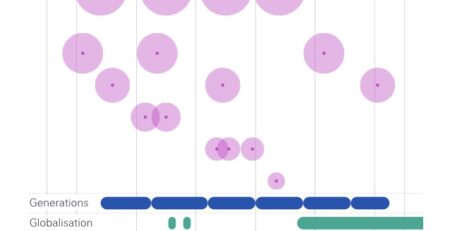No Country for Old Men (or Women): The Impact of Migration on Pension Funding Adequacy and Sustainability
By Thomas Poufinas, James Ming Chen, Charalampos Agiropoulos & George Galanos
Retirement security is of paramount importance to working people. Adequate retirement income is also a leading concern for private and public pension systems. Pension funding adequacy measures the ability of pension scheme assets to meet a system’s liabilities. Pension managers accumulate assets primarily from employee contributions. Assets then grow through investment returns. Liabilities consist mainly of benefits promised and paid to pensioners.
In several countries, even within the European Union, a substantial percentage of the population receives pension income much lower than pre-retirement income or even the poverty line. At the same time, pension funding adequacy is threatened by reduced fertility in most European countries. Economic crises during the first quarter of the twenty-first century — the great recession, a sovereign debt crisis, the Covid-19 pandemic — have decreased individual and family income. These crises have reduced pension payments.
When the working population drops or labor income decreases, managers cannot continue to pay comparatively high pensions or to collect contributions from an already distressed workforce. Unemployment exacerbates both sources of pressure on the workforce: It reduces not only the number of workers, but also total labor income. As a result, pension funding shortfalls have puzzled governments, pension funds, insurers, labor unions, and analysts for years.
This paper addresses pension funding adequacy and sustainability from a novel perspective. It considers migration as a potential source of growth in the labor force, which in turn could increase the base of the population pyramid as well as cash flows into pension schemes. Advanced linear models did not provide evidence that migration can improve pension funding. Migration fails to bolster pension funding even when migration from countries outside the EU is taken into account. Policymakers may therefore need to consider measures for integrating migrants and refugees across the entire European Union in order to optimize pension contributions and secure the actuarial health of European pension systems.
Source: SSRN
286 views










